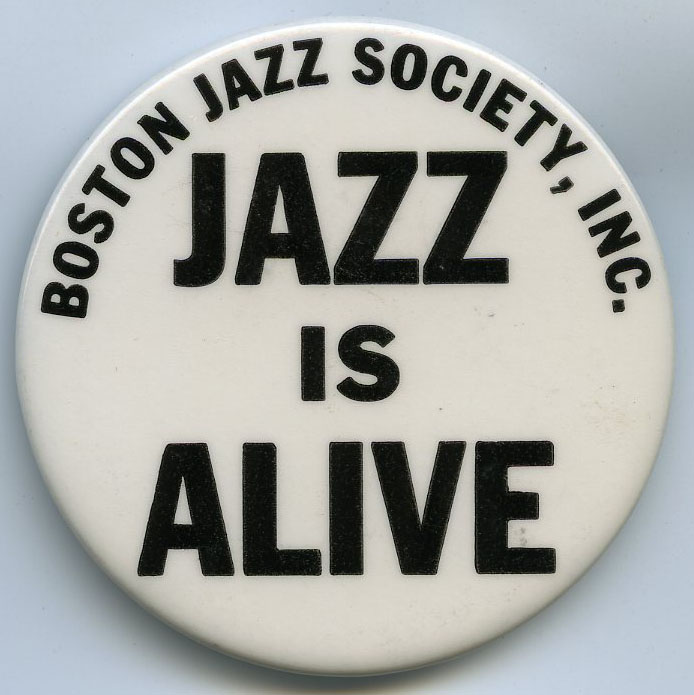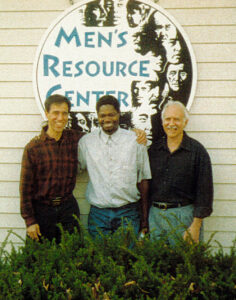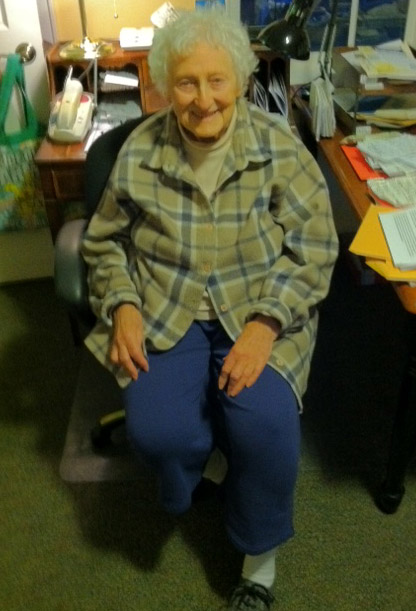
The Boston Bluegrass Union (BBU) is run by an all-volunteer Board of Directors, with a mission to educate people in the Northeast about bluegrass music. Formed in 1976, the BBU hosted its first concert on October 3, 1976, with Joe Val and the New England Bluegrass Boys. The BBU is the premier source for bluegrass music activities in the Northeast, presenting concerts, festivals, education programs, and informal music get-togethers. Over its nearly 50 years, the BBU has become the central resource for everything bluegrass in Boston and has, in part, been responsible for creating the vibrant market for bluegrass that exists today in the Boston area. Since its founding, BBU has presented over a thousand shows featuring top national and regional artists, making it one of the longest running such series in the country. The list of bluegrass bands that have been featured over the years includes such acts as Bill Monroe and the Bluegrass Boys, Ralph Stanley , Jim and Jesse, Tony Rice, the Country Gazette, The Johnson Mountain Boys, The Seldom Scene, J.D. Crowe and the New South, Hazel Dickens, Laurie Lewis, the Lynn Morris Band, the Good Old Persons, the Lonesome River Band, IIIrd Tyme Out, Special Consensus, Dry Branch Fire Squad, and the Claire Lynch Band. While BBU was first focused on concerts, their signature event is now the annual Joe Val Bluegrass Festival, presented Presidents Weekend at the Sheraton Framingham Hotel. The Joe Val Festival had its origins in 1985 as a fundraiser to assist the ailing Joe Val with his medical expenses. His untimely passing and his remarkable talents continue to be honored with the three-day festival which bears his name. The event features a star-studded Main Stage, a Showcase Stage which shows off the talents of up-and-coming regional bands, the Joe Val Kids Academy, over 50 workshops, vendors, and round the clock jamming. The festival was awarded the International Bluegrass Music Association’s Event of the Year in 2006. 2026 marks the 40th edition of the Joe Val Bluegrass Festival, the 100th anniversary of Joe Val’s birth, as well as the 50th anniversary of the BBU’s founding.
The Boston Bluegrass Records currently consists of 32 issues of the group’s newsletter, Bluegrass Breakdown, event flyers, and concert recordings. Additions to the collection are expected.
Gift of Boston Bluegrass Union, 2025.





